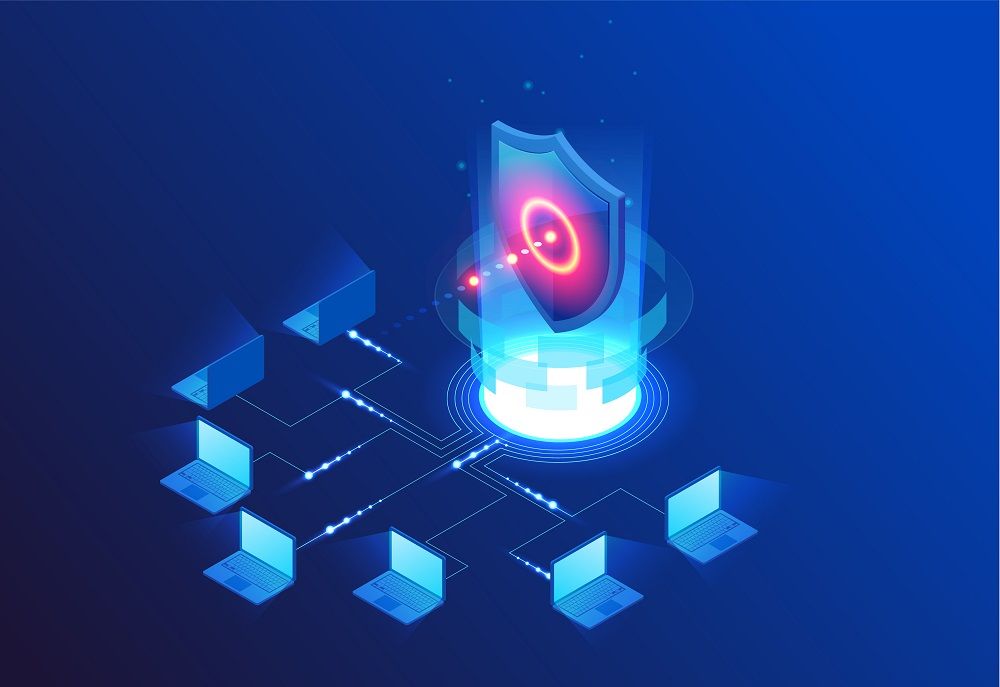B Tech Courses: Career Options after B Tech

BTech or Bachelor of Technology is an undergraduate degree that helps engineering students build a skill-intensive and successful career. After you graduate, you can take up entry-level engineering jobs with basic pay packages.
However, obtaining an advanced degree after a BTech or a certificate course can open doors to multitudes of better career opportunities. Moreover, you can also opt for technical or managerial jobs with better pay packages.
If you are someone who wants a high-paying engineering job, this article lists the top courses or career alternatives after BTech with solid six-figure salaries.
What Are the Best Career Alternatives to Pursue After BTech?
Data Science
Automation is taking over most business decisions, making them data-driven, also leading to companies recruiting trained data science professionals across various departments.
Not only is there a vast demand, but there is a noticeable shortage of data science professionals in India. You can leverage the situation by enrolling in an advanced degree in data science or analysis after BTech.
What Is Data Science?
Data science is turning data collected through different sources into actionable insights that can be used to draw patterns, make business decisions, track and monitor consumer demand, etc.
Computer professionals with data science skills like data visualisation, segregation, analysis, and big data are responsible for collecting, shaping, storing, managing, and analysing data.
How To Become a Data Science Professional?
After completing your BTech, pursue a master’s degree in data science or a relevant field. You can also enrol in data science courses to understand the technical know-how and gain in-depth knowledge about the industry.
Here are the skills required to become a perfect data science professional:
- A data science professional must be proficient in programming languages and coding.
- They should be excellent with mathematics, statistics, and other scientific methods
- A data science professional should know analytical tools like SAS, HADOOP, Spark, R, and others
- They must be capable of managing unstructured data
- A data science professional must also have strong business acumen, communication skills, and a firm believer in continuous learning
What Are Some of The Common Job Positions I Can Take Up?
Here are some typical job positions a data science graduate can pursue. These job titles have substantial six-figure salaries and promise a bright future for aspirants.
- Data scientists are trained professionals who identify and monitor data patterns and measure their impact on an organisation.
- Data analysts identify and analyse structured data and present it to shareholders and senior-level management. They make data analysis easy and understandable for laypeople.
- Data Engineer design, build and manage large databases. They ensure that data reaches assigned departments.
- Business Intelligent Analysts make data-driven business decisions to increase businesses’ efficiency, productivity, and profit.
- Data Architect design, develop, and maintain a business’ data management.
Cybersecurity
By 2025, it is estimated that more than 3.5 million jobs will be created in cybersecurity worldwide. More interesting is that out of that, 3.5 lakh jobs will be generated in India.
Today, more and more companies are hiring cybersecurity professionals, and on top of that, many businesses are creating cybersecurity products and services in India. It is projected to amplify in the forthcoming years.
What Is Cybersecurity?
Cybersecurity protects modern devices like computers, laptops, servers, mobile devices, electronic systems, and network transmitting devices from malicious attacks.
It is also known as information technology (IT) or electronic technology security.
How To Become a Cybersecurity Professional?
Start with earning an advanced degree in computer science, system engineering, IT engineering, software engineering, or a relevant field. These courses equip you with fundamental knowledge about computer systems, databases, network systems and ways to protect them from infiltrations.
You can also take short-term courses like a certificate or diploma programme in cybersecurity. Many online educators are providing excellent learning programmes for cybersecurity professionals. Enrolling in these cybersecurity courses will help you learn the basics of cybersecurity and more.
Note: Emeritus India also offers cybersecurity courses for freshers and working professionals. Our Postgraduate Certificate in Cybersecurity, provided in association with MIT xPRO, is for freshers, mid-level, and senior professionals seeking to learn the basics of the modern concept.
Here are some skills every cybersecurity professional must have in their ante:
- Technical aptitude to handle complex security systems, databases, computer devices, and networking devices
- Attention to detail to forecast or track the activities of hackers or infiltrators
- Proficiency in computer systems and networks to perform job-specific duties efficiently
- Should have excellent problem-solving skills to identify new ways of solving network and security issues
- Strong Analytical skills to monitor and assess cyber threats and security breaches to computer networks
What Are the Top Job Roles I Can Take Up?
Here are some top job positions you can take after completing advanced courses in cybersecurity.
- Information Security Analyst helps protect an organisation’s computer and network system from cyber attacks by increasing layers of security.
- Digital Forensic Examiner investigates an organisation’s computer system and networking devices to identify how an unauthorised individual or group accessed the company’s system.
- Information Technology (IT) Auditor analyses the company’s technology and finds potential loopholes and security glitches.
- Cybersecurity Engineer designs systems and processes to ensure that the firm’s data, classified information, and other important things are safe.
- Cybersecurity Managers oversee all cybersecurity processes. They delegate and monitor the department’s performance.
Artificial Intelligence and Machine Learning
In the past few years, the use and development of computer systems capable of learning and adopting complex instructions have increased. With the help of algorithms, statistical modelling, and innovation, artificial intelligence and machine learning models can perform similar activities to the human brain.
What Are Artificial Intelligence and Machine Learning?
Artificial intelligence is a machine’s capability to imitate human behaviour. Individuals use it, groups, or companies for planning, problem-solving, learning, recognising voices and images, and others.
Meanwhile, machine learning is a branch of artificial intelligence that updates itself with time. It works on algorithms and evolves without human intervention. It is predominantly used for image recognition and language processing.
How To Develop a Career in Artificial Intelligence and Machine Learning?
After completing BTech, you can pursue a certificate in AI and ML. These short-term courses equip you with the right skills and knowledge to make a successful career in the field.
Here Are the Skills Required to Become an Excellent AI Or ML Professional:
- Strong understanding of Mathematics and Statistics as it helps in understanding complex algorithms
- Well-versed with Programming languages ensures that you can design AI and ML systems efficiently. Programming languages like Python, C++, and R are used to develop AI and ML programmes’ infrastructure and algorithms.
- Good communication and problem-solving skills to tackle complex situations.
What Job Positions Can I Pursue After Completing Preliminary Courses?
Here are some job roles you can take after completing your certification in AI and ML.
- Computer Programmer tests different codes on AI and ML systems. They collaborate with other teams to develop innovative and intelligent machines.
- User Experience Designer evaluates the target audience’s behaviour and makes changes in the algorithm to match their expectations.
- Full Stack Developer assists different back-end processes in the development, integration, execution, and maintenance stage of machine learning and artificial intelligence system.
- Machine Learning Engineer works closely with AI professionals to ensure the smooth functioning of the applications.
Digital Marketing
A Dentsu Aegis Network report reveals that digital marketing has significantly increased in the past few years. According to the report, India’s online advertising grew by 26% between 2018-2019. The numbers are expected to soar higher in the forthcoming years.
The digital marketing sector is booming, and the demand for educated digital marketing professionals is also increasing with each passing day. However, there is a significant shortage of trained professionals.
If you have a passion for modern technology, communication, creativity, and identifying innovative answers to common problems, then earning an advanced degree in digital marketing might be your next step.
Why Take an Advanced Degree in Digital Marketing?
An advanced degree in digital marketing will open doors to exciting work opportunities. It will equip you with the skills required to excel in the field and expand your knowledge.
You can start by taking a master’s degree in digital marketing. Otherwise, taking a diploma or certificate course in digital marketing from renowned Indian universities. These courses will lay a strong foundation, and their career management services will help you secure a prestigious job with a high pay package.
Business management
Getting a business management degree can open doors to exciting work opportunities. You can take up different job positions across various industries because a business management degree teaches you a range of administrative, marketing, and accounting tasks that help organisations become more efficient and profitable.
How To Start a Career in Business Management?
You can start a career in business management by taking job-oriented courses like MBA or M. Com after completing your degree. You can also take different short-term or certification courses to achieve a competitive edge over others.




